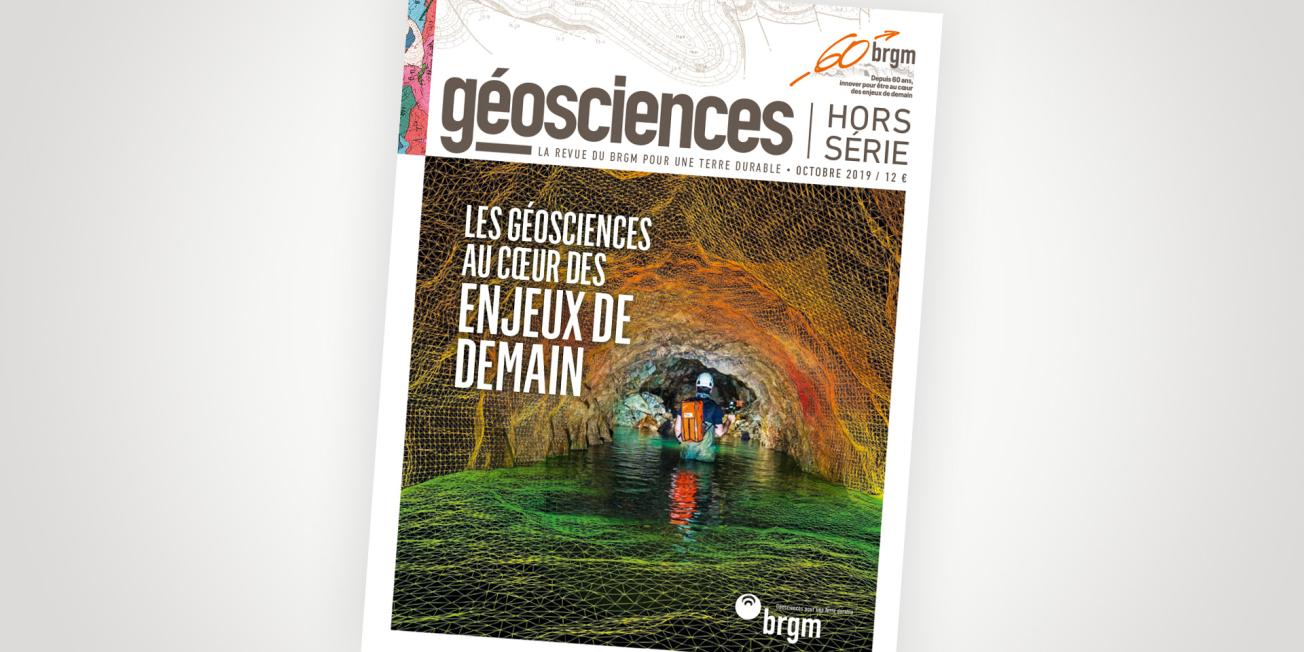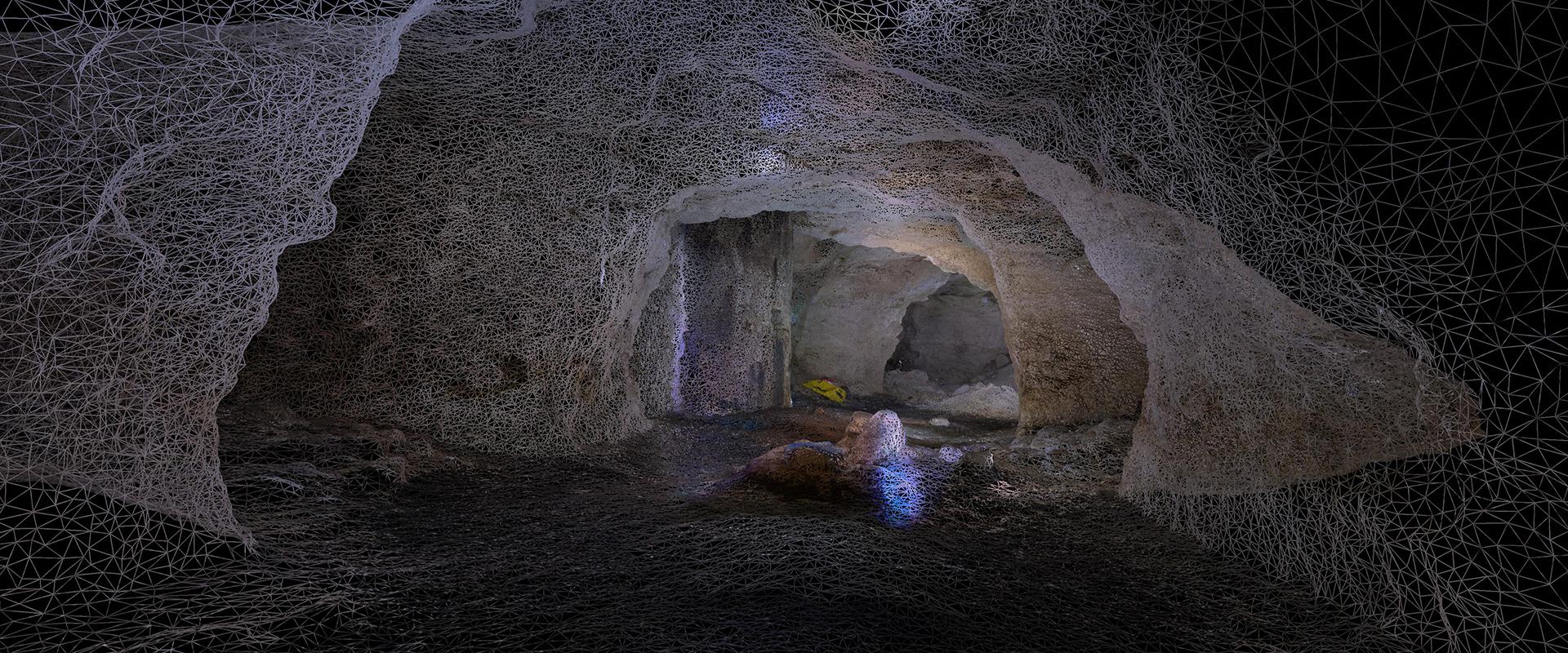
Cover of the special issue of Geosciences journal published on the occasion of BRGM's 60th anniversary.
© BRGM
In an editorial that centres on sustainability, Michèle Rousseau, the Chair and Managing Director of the BRGM, points out that the emergence of multiple environmental problems has enriched the scope of the BRGM's key roles. These are still geared to the French geological survey's core role of furthering knowledge on the subsurface, which is likely to increase in importance in the decades to come with the exacerbation of phenomena such as increasing population density, which demands planning adjustments, or prospecting for new types of energy and energy storage.
This special edition is structured around six societal issues of major importance: geology and knowledge of the subsurface, management of groundwater, risks and planning, mineral resources and the circular economy, the energy transition and the subsurface, digital data and infrastructure.
Predictive expertise to complete knowledge on the subsurface
Géosciences zooms in on the role that the Earth's crust could have in the energy transition, highlighting the BRGM's research and activities on polluted sites and soils. It also discusses underground water resources and reveals the French geological survey's significant contributions to the resilience of local areas and better predictive assessments of natural risks.
As Deputy Managing Director Pierre Toulhoat and Director for Strategy Philippe Freyssinet explain in their introduction, "In 60 years, the BRGM and the geosciences have seen a major transition: they are no longer tasked solely with reconstructing the past to try to understand the genesis of our planet, but also, over and above this, to anticipate its evolution in the future, at all scales in time and space". The geosciences and related technologies have evolved considerably in the last six decades, as has demand from society as regards management of the subsurface and its resources.
This special edition features articles from numerous external contributors, such as Bernard Tardieu, vice-president of the Energy Cluster at the Academy of Technology, Jean Jouzel, research director at the French Atomic Energy and Alternative Energy Commission (CEA), Nicolas Arnaud, director of INSU-CNRS (National Institute of the Sciences of the Universe) and Bertrand Braunschweig, director of the INRIA national plan for research on artificial intelligence.







